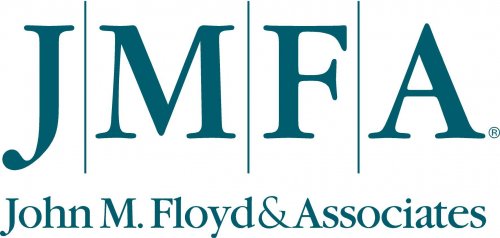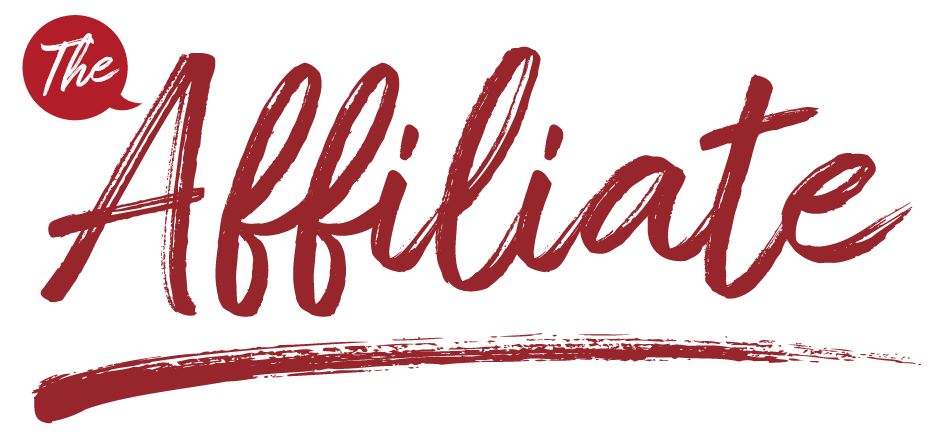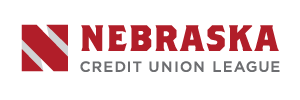Strengthen understanding of overdraft program benefits to fend off uncertainty
By James Darden II, Vice President of Operations & Client Services
Leadership provided by outside credit union board members is critical in setting strategic direction and ensuring that established policies, compliance expectations, and state and federal laws and regulations are followed. In addition, board member support for the services you offer make them important ambassadors in the community and can have a major impact on your credit union’s long-term success.
On-going scrutiny of overdraft programs that utilize undisclosed procedures and high fees—as discussed in recent Congressional and Senate subcommittee hearings—can erode board confidence in your overdraft strategy. Plus, recent efforts by big banks to distance themselves from the criticism by eliminating overdraft coverage, can create a sense of urgency to follow the pack to make changes without considering the consequences. Left unchecked, these situations can lead to haphazard program adjustments that may hinder your overall ability to provide better service and value for members.
That’s why, when you offer a consumer-focused overdraft strategy, it is vital to educate your board and internal teams about how it reinforces your service philosophy. This also reinforces the value a fully disclosed, consumer-centric program provides as an option for members who may need it from time to time.
Focus on what differentiates your program
Effective board discussions should focus on the key issues that distinguish your service from the “bad actors” that are in the news. When everyone is on the same page, your team will be in a much better position to critically evaluate and reinforce the benefits your program provides to members. For instance:
- Are your fees reasonable?
- Do you offer a daily cap, grace period, de minimis and/or early direct deposit?
- Is your staff well-trained on your program and confident in how to discuss it with members?
- Do you offer other options to help members manage their finances?
- Are you leveraging opportunities to offer financial education to overdraft users who may benefit from it?
- Are your account disclosures, fee schedules and website all up to date and easy for members to understand?
- Do you refund fees instead of waiving them?
- Is your program non-discriminatory, accessible to all members?
- How often do you disclose the details about how your program works?
- Do you provide opportunities for members to share feedback?
- Are you minimizing costs for active users?
Stay focused on your mission
Seeing the headlines about banks and credit unions making the move to eliminate or lower their overdraft fees should not be a cause for concern. First, the institutions making the changes can more easily absorb the loss in fees. Plus, it’s likely they will find ways to recoup the revenue, one way or another.
Second, it’s important to consider that these changes represent more of a marketing tactic than anything else. Look at the fine print for institutions that have “reduced” or “eliminated” overdraft fees. In many instances, there are still transfer fees, minimum balance requirements, minimum deposit requirements and other confusing eligibility requirements associated with how negative-balance transactions will be handled. Worst of all, without access to overdraft protection services, an important transaction could be denied.
No overdraft program, what then?
Make sure board members and internal teams understand that overdraft protection is a service that consumers want, need and appreciate. This was confirmed by Morning Consult’s study for the American Bankers Association that found:
- Nine in 10 consumers view overdraft fees as reasonable when large payments, like rent or a mortgage, are covered and paid on time.
- 74% of consumers view overdraft fees as reasonable during these situations.
- 54% of U.S. consumers would oppose a government proposal that prevents overdraft protection from being offered.
These figures reinforce the value that most consumers place on overdraft programs to avoid less desirable means of securing funds, such as:
- Having important bill payments declined resulting in late fees.
- Experiencing lowered credit scores, based on a history of overdue payments.
- Relying on less desirable sources for securing funds, i.e., payday loans and pawn shops.
Replace the rhetoric with confidence
A fully disclosed overdraft service with reasonable fees is not the deceptive, predatory product that some have portrayed it to be. Those institutions that have implemented significant changes to their program have done so because they:
- did not provide clear disclosures about the service and how transactions would be handled when there is an insufficient balance;
- did not effectively communicate what coverage the consumer had access to at any given time;
- did not have a consumer-friendly approach to helping account holders with short-term account coverage needs.
The best way to instill confidence in your overdraft program is to make it so beyond scrutiny that no consumer, regulator, lawyer or competitor can find fault.
In some cases, changes may be necessary to provide a responsible and transparent service. Active discussions on why changes are being made, what value is being added for members or what efficiencies might be created for better program management support the idea of taking a holistic approach to this important service option. Your leadership team will appreciate it too.
When in doubt, seek professional advice
An expert in overdraft program management and compliance can provide the advice and guidance your institution’s leadership and board need to take the worry out of maintaining an ethically sound overdraft program.
They can also keep everyone up-to-date when it comes to regulatory changes, best practices and industry trends, so you’re aware of how your program is affected, and what, if anything, should be adjusted. Most importantly, fully informed board members will have the knowledge and confidence to advocate that your program is serving the needs of your members and your community.
About JMFA
JMFA is one of the most trusted names in the industry. Whether it’s recovering lost revenue, uncovering new savings with vendor contract negotiations, creating more value, serving members better or delivering a 100% compliant overdraft service—JMFA can help you deliver measurable results with proven solutions. To learn more please contact Derrik Mather orcall (800) 809-2307.



